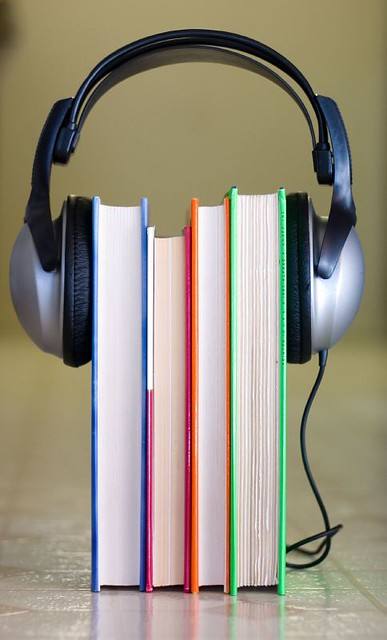In learning to read, many “experts” have long told us that students must use printed books and stories so that their brains process the coding/decoding skills correctly. But a recent study may prove that to be not quite accurate.
Researchers from the Gallant Lab at UC Berkeley scanned the brains of nine participants while they read and listened to a series of tales from “The Moth Radio Hour.” After analyzing how each word was processed in the brain’s cortex, they created maps of the participants’ brains, noting how the different areas helped interpret the meaning of each word. They reported their findings in The Journal of Neuroscience.
What was most interesting about the results was that the stories stimulated the same cognitive and emotional areas of the brain, regardless of the medium being used. The subject’s brains were creating meaning from the words in the same way, whether they were listening or reading. In fact, the brain maps for both auditory and visual input they created from the data looked nearly identical.
What This Means
While the printed story should not be replaced strictly by audio (for lots of good reasons), this study does point to the fact that listening to a story can help students better learn to read and to create meaning from the words they hear. So, don’t be afraid to read out loud to your students or to have them listen to recorded books themselves.
Free Audio Books
Here are some resources for audio books:
- From Google Docs to Audio Book
- Finding Free Audio Books for Educators
- Storynory: Audio Stories for Kids
- Storyline Online
Next Research Steps
Now, admittedly, nine subjects does not a meta-analysis make. Much more research is needed before we can believe this as gospel or completely change the way we teach reading. But it does offer some possibilities for the use of technology with reading.
Fatma Deniz, a postdoctoral researcher at the Gallant Lab and lead author of the study, wants to take the experiment even further by testing on a broader range of subjects. She wants to include participants who don’t speak English, speak multiple languages, or have auditory processing disorders or dyslexia. Finding out exactly how the brain makes meaning from words could fuel experiments for years.
For now, Deniz says “the results of this study could make a case for people who struggle with reading or listening to have access to stories in different formats. Kids who grow up with dyslexia, for example, might benefit from audio books that are readily available in the classroom.”

